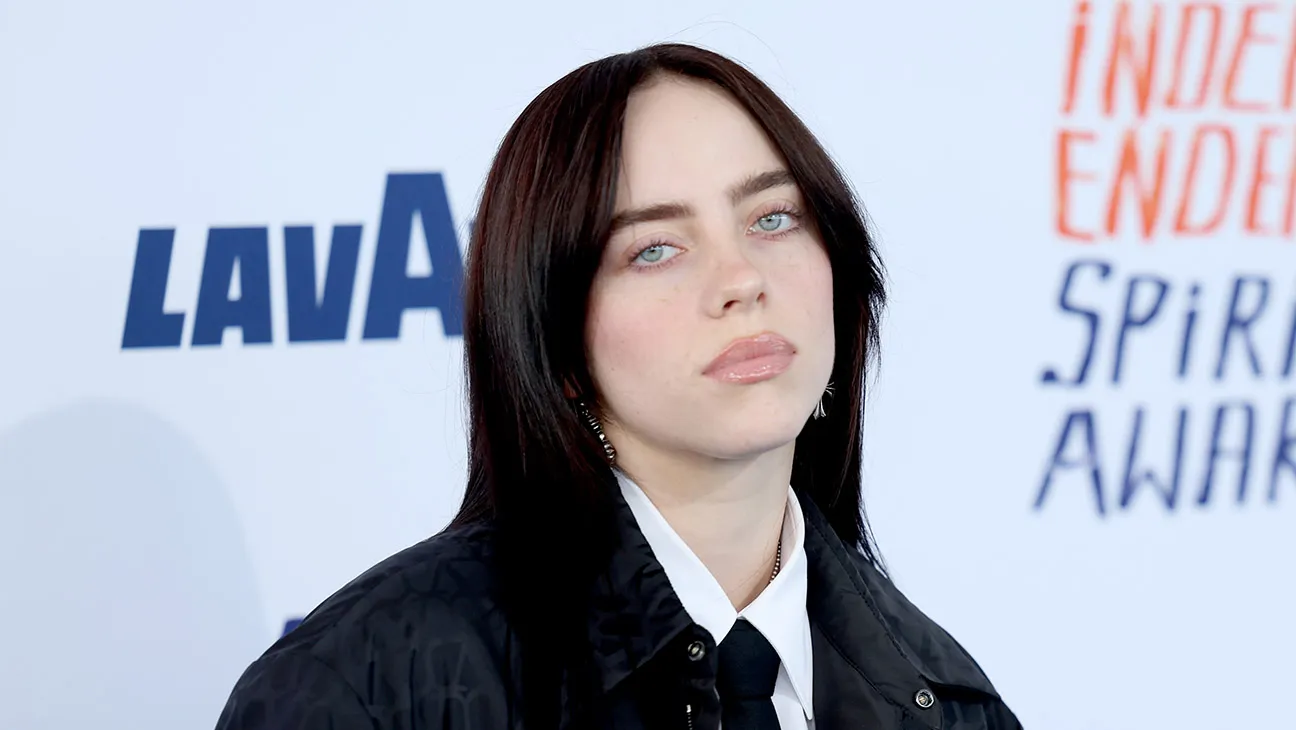
Two hundred musicians have united to voice their concerns over the emerging use of artificial intelligence (AI) in music production.
In a compelling open letter, the group—which includes such notable figures as Nicki Minaj, Billie Eilish, Katy Perry, and representatives from the Bob Marley estate—calls upon tech companies and AI developers to ensure their innovations do not encroach upon human creativity or infringe on the rights of artists. This diverse ensemble, capable of headlining premier music festivals like Coachella, highlights the pervasive fear that AI could dilute the uniqueness of human expression in music.
The letter emphasizes the risks AI poses not only to the protection of artists’ privacy and identities but also to their music and, by extension, their livelihoods. It points out the unwelcome reality that many tech giants are using artists’ works to train AI models without permission, posing a significant threat to artists struggling to make ends meet.
This concern is magnified by the advancements in deepfake technology, capable of producing convincingly counterfeit renditions of popular artists’ performances, signaling a future where distinguishing between real and AI-generated content could become increasingly challenging.
The discourse touches on efforts by certain companies, such as Adobe and Stability AI, to develop AI music generators that utilize licensed or royalty-free music. However, the letter argues that even these seemingly benign tools could undermine the traditional avenues through which artists earn from licensing their work, such as scoring for TV commercials or other projects.
Artists’ Battle with Technological Advances
Reflecting on the historical context, the musicians point to past technological advancements, like file sharing and streaming services, which have consistently put artists at a disadvantage. The Union of Musicians and Allied Workers (UMAW) has been actively seeking fairer compensation for artists from streaming platforms, with Spotify’s average streaming royalty rate highlighted as emblematic of the broader issue of inadequate compensation in the digital age.
A Shared Concern between Writers and Musicians
This initiative by musicians parallels a similar movement within the literary community, where over 15,000 writers, including well-known authors like James Patterson and Suzanne Collins, have issued their own open letter to major tech corporations.
These writers express concern over AI’s ability to replicate and monetize their unique styles and stories without compensation or consent, highlighting the need for a reevaluation of copyright laws in the age of generative AI.
Despite these concerted efforts, the response from tech companies has been tepid, with generative AI platforms like ChatGPT continuing to produce content that, while not always of the highest quality, showcases the technology’s capacity to mimic the style of revered authors based on their copyrighted works.
Related News:
Featured Image courtesy of Monica Schipper/Getty Images
